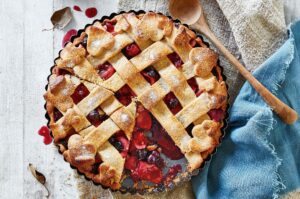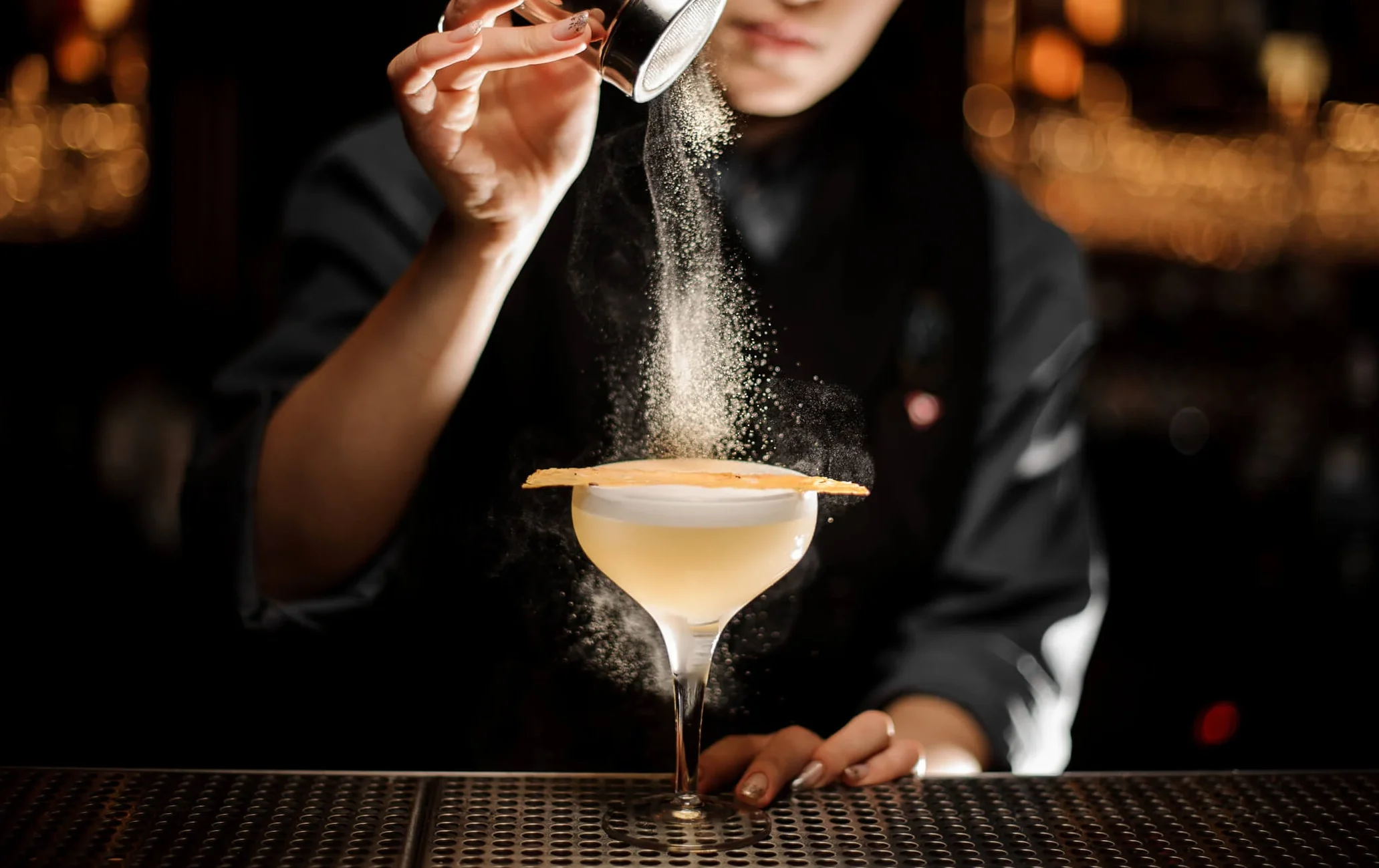
Mixology, the art and science of creating mixed drinks, has evolved into a passion for many bartenders and mixologists. Mixology is not just about following a recipe but getting creative with existing recipes, playing with flavors, and pushing the boundaries of what is possible. At its most basic, mixology is another term for bartending, and a mixologist is another title for a bartender or bar chef. Mixologists strive to create unique and delicious cocktails that are both visually appealing and satisfying to the palate.
Quality ingredients are paramount when it comes to crafting cocktails that stand out from the rest. High-quality ingredients can make all the difference when distinguishing average bartenders from skilled mixologists. Expert mixologists recommend using fresh fruits, vegetables, and herbs to add natural flavor and aroma to cocktails. The use of premium spirits, fresh juices, and homemade syrups and bitters can also elevate the taste and appearance of a cocktail.
Basic tools and techniques are essential for crafting cocktails that impress. Essential tools for mixology include a shaker, jigger, strainer, bar spoon, and tongs. Professional mixologists also emphasize the importance of shaking, stirring, and tasting techniques to achieve the perfect balance of flavors. Experimenting with signature cocktails and pairing ingredients can also help aspiring mixologists develop their skills and creativity. Whether at home or behind the bar, mastering the fundamentals of mixology can lead to a rewarding and enjoyable craft cocktail experience.
Essential Tips for Crafting the Perfect Cocktail
Crafting the perfect cocktail requires a balance of sweetness, sourness, and bitterness. According to mixology experts, a good cocktail should have a balance of all these components, as well as a strong presence of alcohol. However, the sweet-sour balance is not the only way to create a craft cocktail. Before the invention of the sour family, cocktails were simply made with spirits, sugar, water, and bitters. Today, mixologists experiment with a variety of flavors and ingredients to create unique and delicious cocktails that go beyond the traditional sweet and sour balance. To create a perfect cocktail, it is important to understand the different flavors and how to balance them.
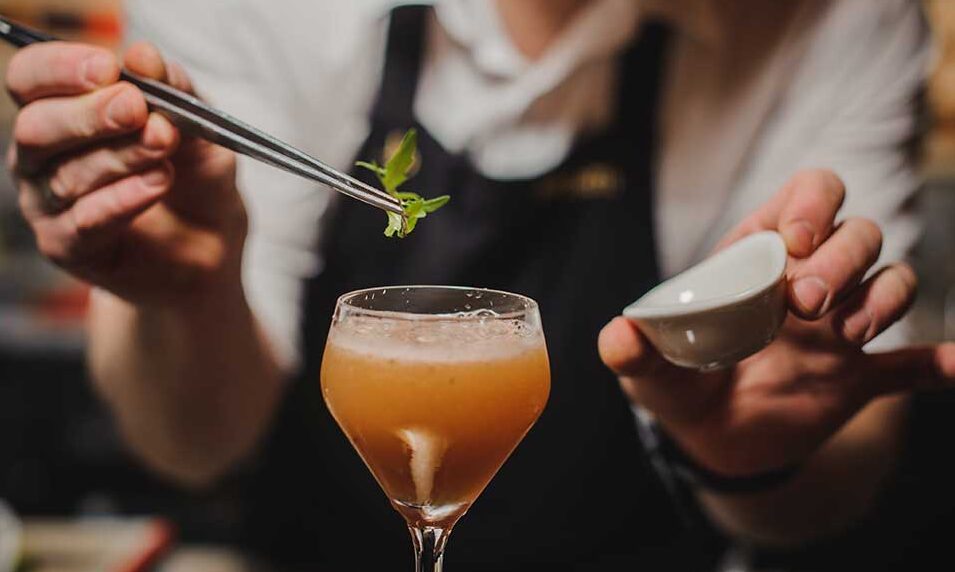
One of the essential tips for crafting the perfect cocktail is experimenting with flavors and ingredients. Quality ingredients are crucial for creating a great cocktail. Advanced mixologists don’t simply rely on recipes; they experiment with different ingredients and flavors, learn about cocktail history, and explore new recipes. Using unique ingredients and flavor profiles can provide a one-of-a-kind cocktail experience. Bartenders can also expand their knowledge by reading cocktail books and exploring new techniques and ingredients.
Proper glassware and presentation are also important for creating the perfect cocktail. Using the right glassware can enhance the drinking experience and add to the overall presentation of the cocktail. Bartenders can also incorporate unique presentation techniques to make their cocktails more appealing and profitable, such as using ice to add intrigue or repurposing ingredients for presentation. However, it is important to maintain speed of service without compromising cocktail quality, which requires a well-thought-out bar design and the correct battery of tools and equipment. By following these essential tips, bartenders can craft delicious and visually appealing cocktails that keep customers coming back for more.
Popular Craft Cocktails and their Recipes
Classic cocktails with a modern twist have become increasingly popular in recent years. Bartenders are taking traditional recipes and adding unique ingredients to create new and exciting flavors. Some examples of modern classic cocktails include the Rosemary Black Pepper Cosmopolitan, Moscato Aperol Spritz, and Orange Maple Penicillin. These twists on classic cocktails offer a fresh take on traditional drinks and are sure to impress guests at any gathering.
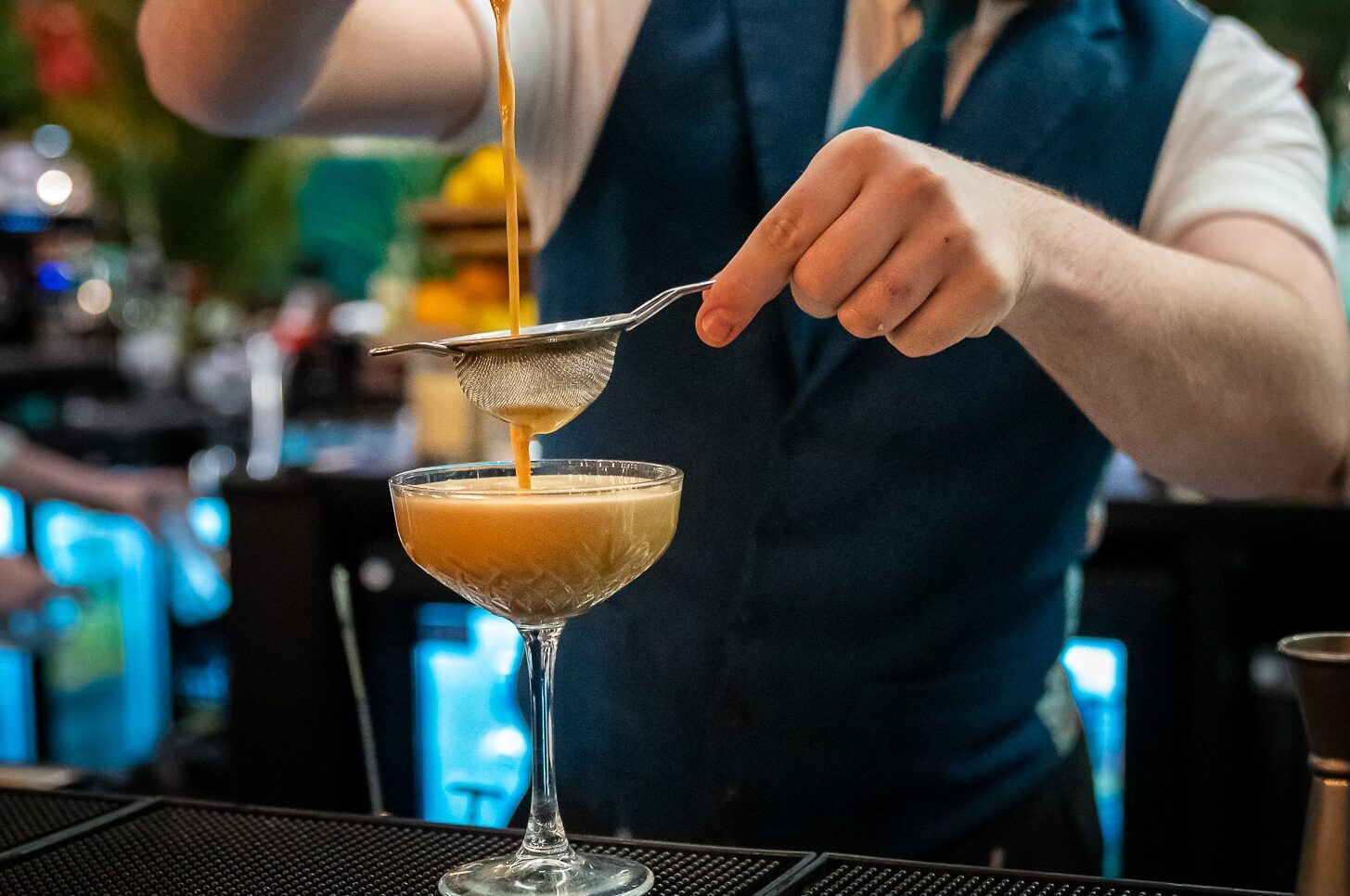
Seasonal and specialty cocktails are another popular trend in mixology. Bartenders are using fresh, seasonal ingredients to create unique and flavorful drinks. Some popular seasonal cocktails include the Boulevardier, Jungle Bird Cocktail, and Cranberry and Mint Rum Punch. Specialty cocktails are often inspired by a specific theme or event and can be customized to fit the occasion. For example, a Halloween-themed cocktail might include black vodka and dry ice for a spooky effect. Mocktails are also becoming more popular as people look for non-alcoholic beverage options. Mocktails are essentially cocktails without the alcohol, but they can still be just as flavorful and exciting as their alcoholic counterparts. Some popular mocktail options include the Mocktail Club’s premium non-alcoholic cocktails, which are crafted with organic and natural ingredients, and the Southern Living guide to essential Southern mocktails. These options provide an alternative for those who prefer not to drink alcohol or who want to enjoy a refreshing beverage without the buzz.
Creating a well-crafted cocktail menu requires some planning and creativity. Bartenders must consider the occasion, the guests, and the available ingredients when designing a menu. Tips for creating a successful cocktail menu include choosing a theme or concept, selecting complementary flavors, and offering a variety of options for guests. Quality ingredients and effortless recipes are also key to creating a balanced and delicious cocktail. By following these tips and incorporating popular craft cocktails and mocktails, anyone can become a mixology pro and impress their guests with delicious and creative drinks.
Running a Successful Bar: Advice from Industry Professionals
Running a successful bar requires more than just mixing drinks. Industry professionals suggest that creating a unique and memorable atmosphere is crucial to attracting and retaining customers. This can involve everything from the bar’s decor and lighting to the music and overall vibe. Additionally, building relationships with customers and the community can help establish a loyal customer base. By hosting events, partnering with local businesses, and engaging with customers on social media, bars can create a sense of community and foster customer loyalty. Aspiring bar owners can also take courses and workshops to learn bar management skills and recipe development.
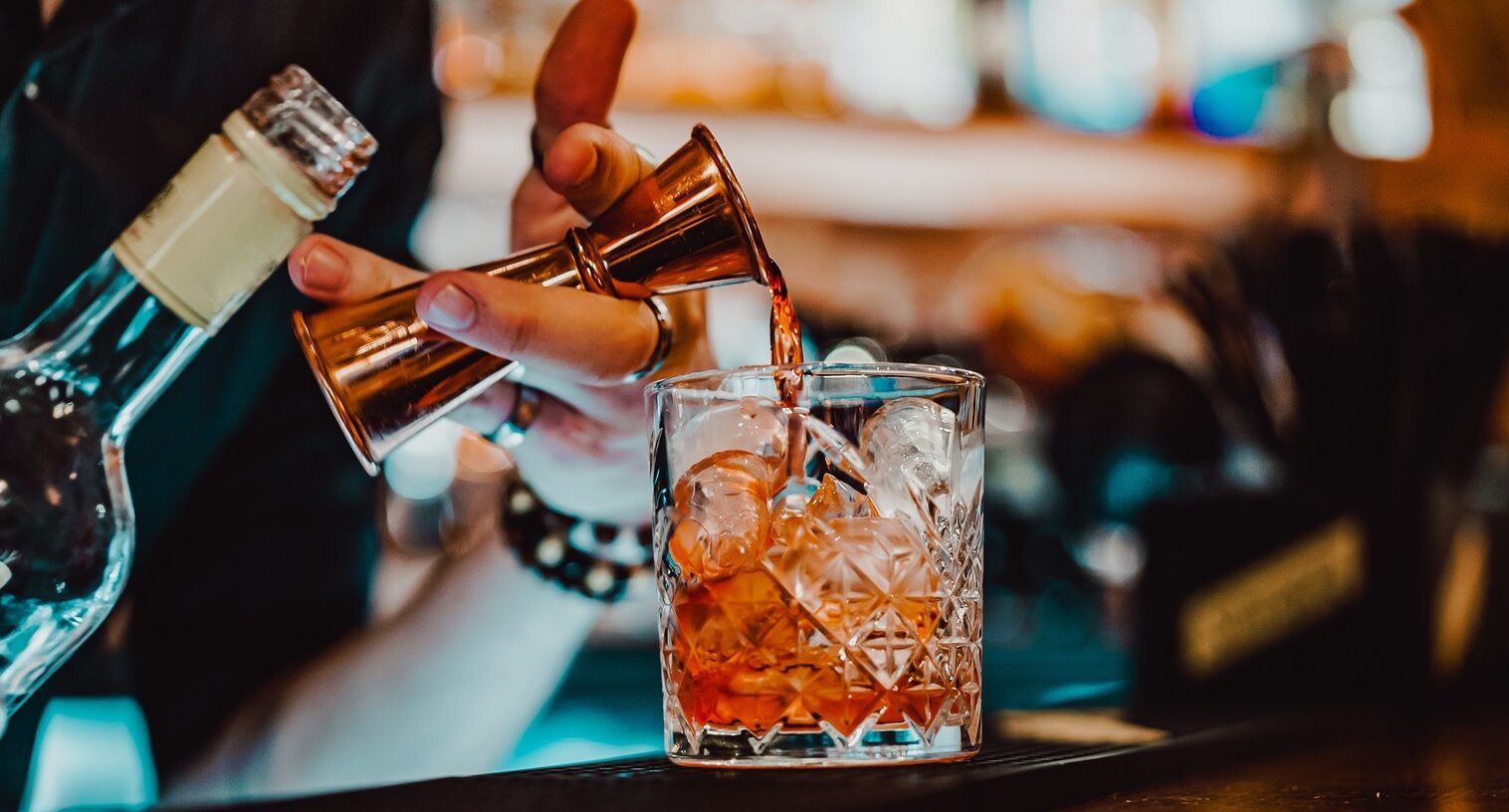
Managing inventory and budgeting are also essential aspects of running a successful bar. By keeping track of inventory levels and ordering supplies in a timely manner, bar owners can avoid running out of popular ingredients and minimize waste. Additionally, monitoring expenses and creating a budget can help bar owners control costs and maximize profits. This can involve everything from tracking labor costs to negotiating with suppliers to get the best prices.
Building relationships with suppliers and other industry professionals can also be beneficial for bar owners. By establishing strong relationships with suppliers, bar owners can ensure they have access to high-quality ingredients and equipment at competitive prices. Attending industry events and networking with other bar owners and professionals can also provide valuable insights and opportunities for collaboration. Overall, running a successful bar involves a combination of creativity, technical expertise, and business acumen. By focusing on creating a unique atmosphere, managing inventory and budgeting effectively, and building relationships with customers and the community, aspiring bar owners can increase their chances of success in the competitive world of craft cocktails and mixology.
